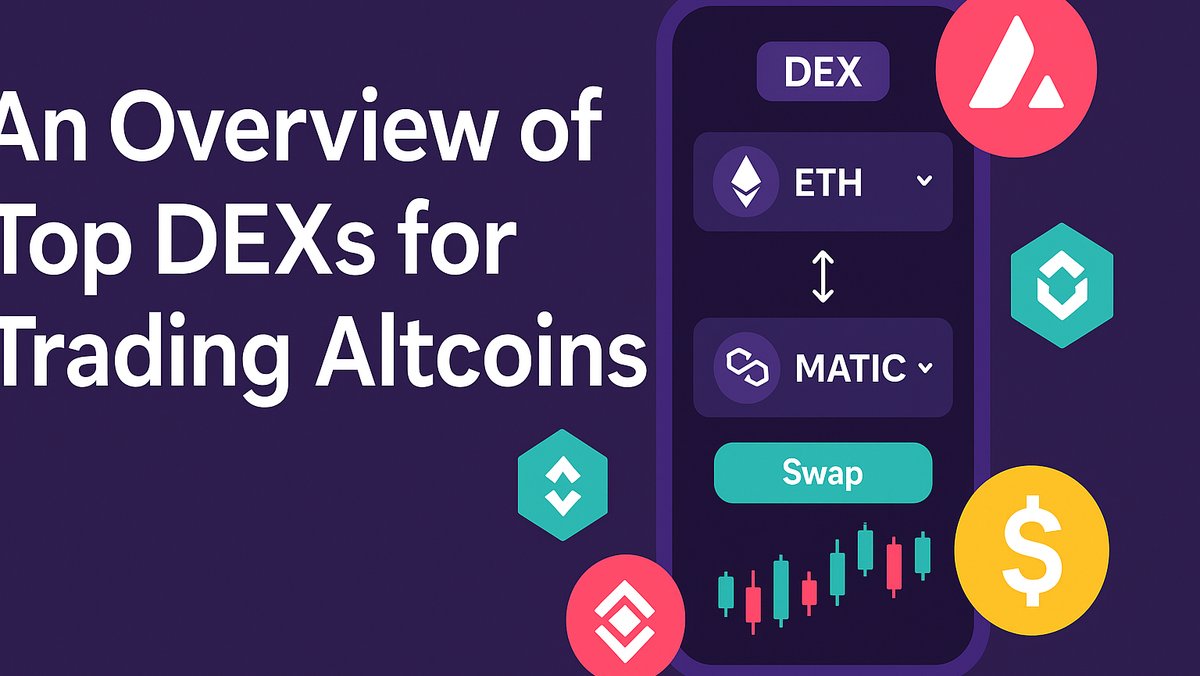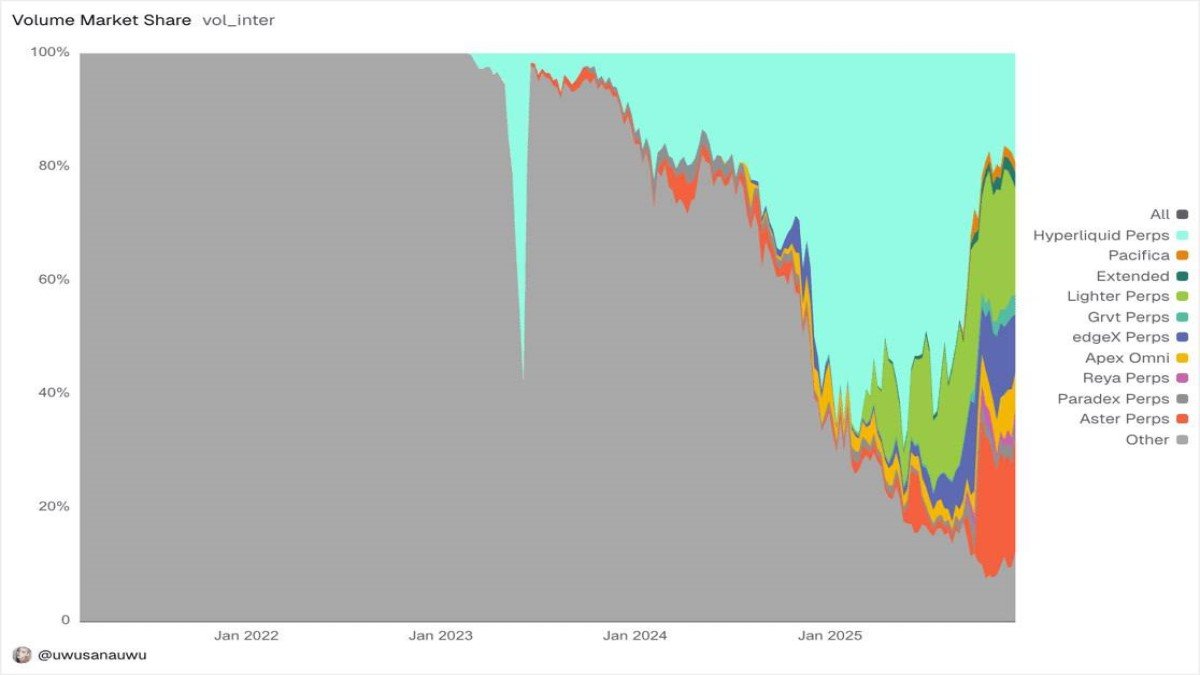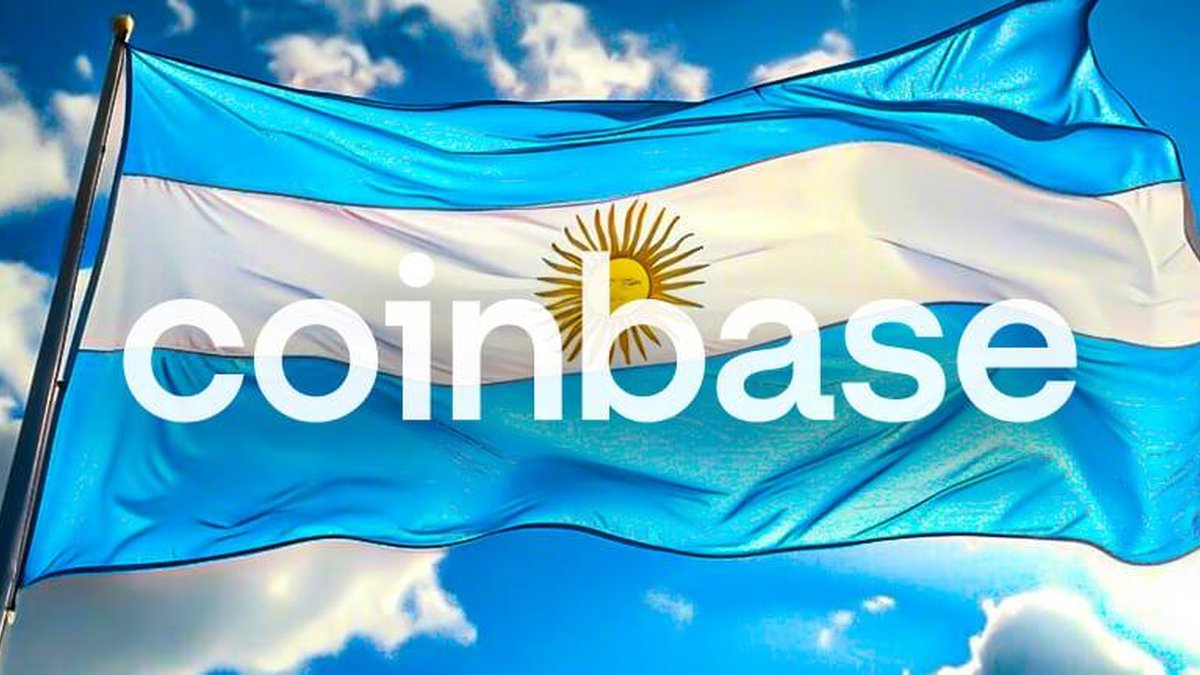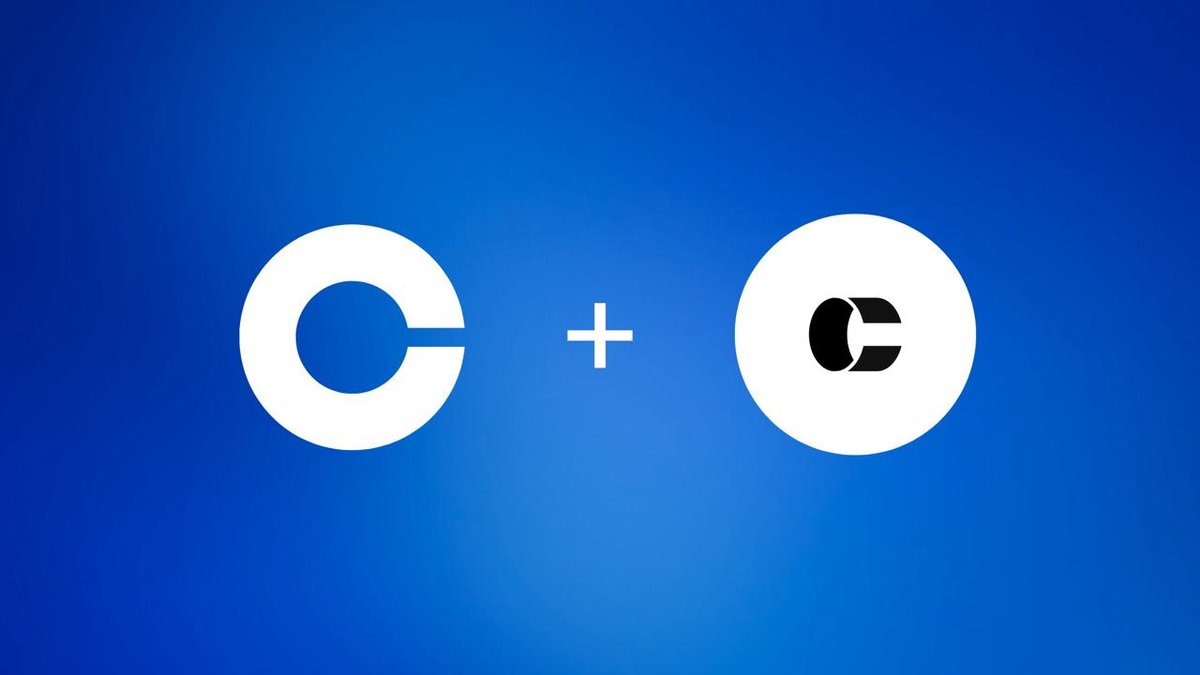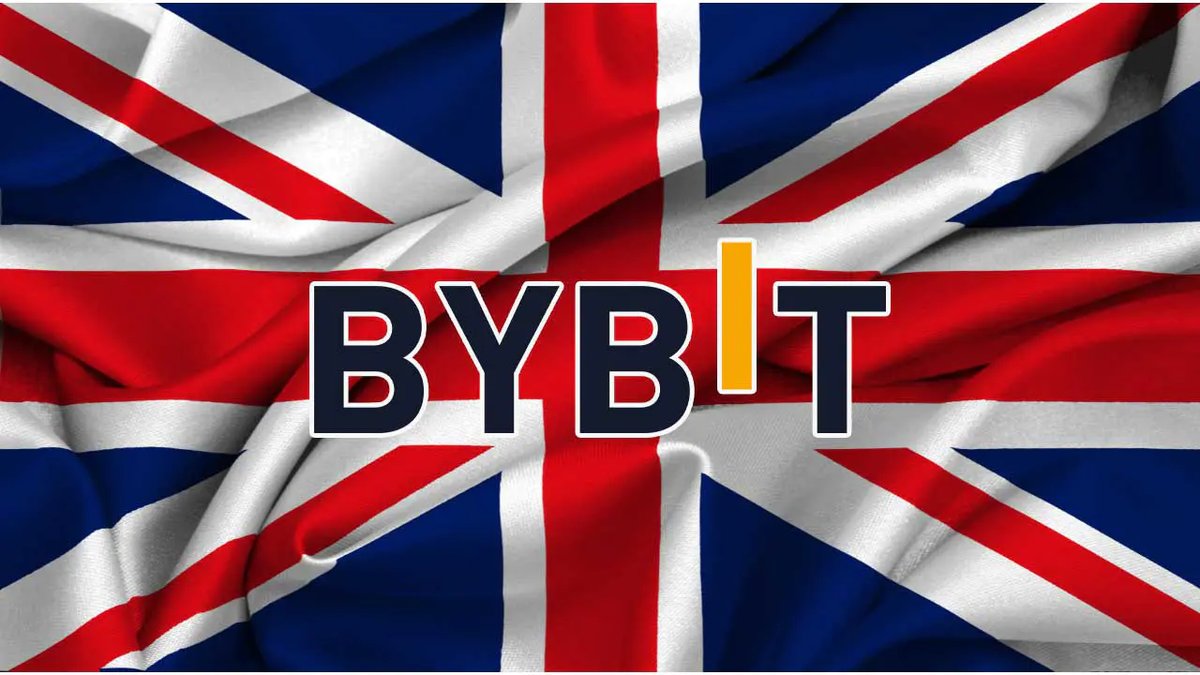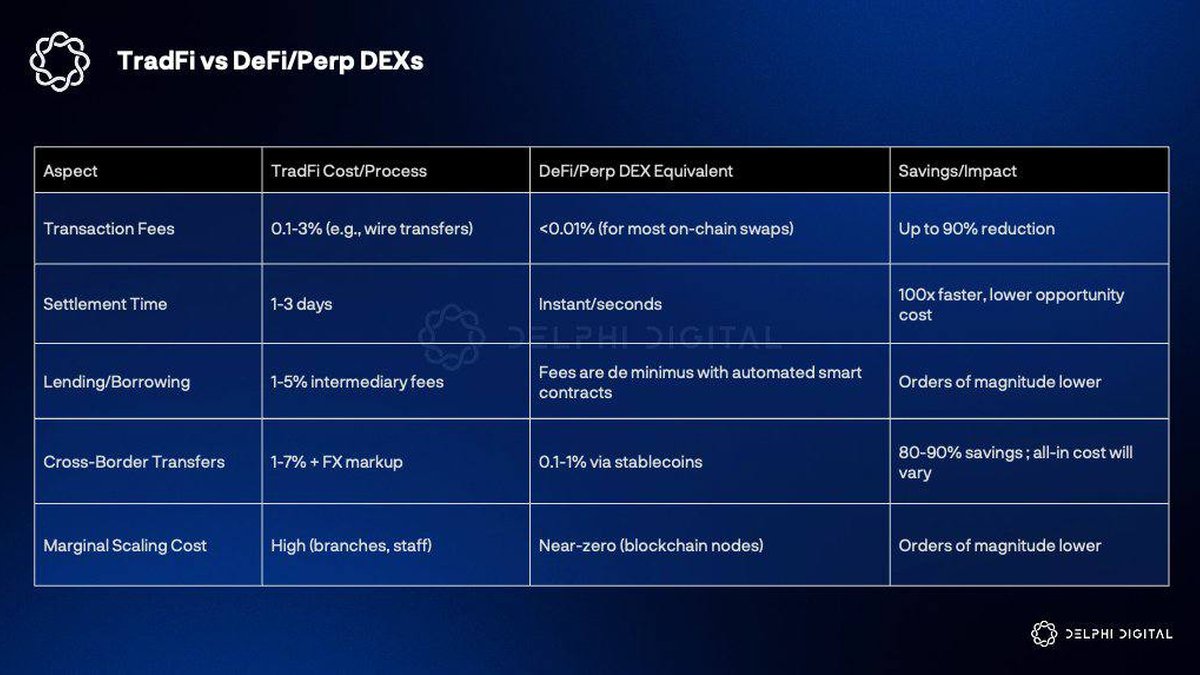Best Decentralized Exchanges (DEXs) in 2025
Decentralized exchanges (DEXs) have become a cornerstone of the cryptocurrency ecosystem, enabling peer-to-peer trading without relying on intermediaries. Unlike centralized exchanges (CEXs), which control user funds and order books, DEXs operate on smart contracts and allow users to maintain custody of their assets. In this article, we’ll explore the best decentralized exchanges in 2025, highlighting their features, risks, and opportunities.
Why DEXs Matter
DEXs represent the ethos of decentralization, giving users full control of their digital assets. They minimize counterparty risks, enhance privacy, and support a wide range of tokens, including those unavailable on centralized platforms. With the rise of DeFi and Web3, DEXs have grown in both liquidity and user adoption.
Top Decentralized Exchanges
1. Uniswap
The pioneer of automated market makers (AMMs), Uniswap remains the largest DEX by volume. It offers seamless swaps, liquidity pools, and governance via UNI tokens. In 2025, Uniswap continues to expand its Layer 2 integrations, reducing gas fees for users.
2. SushiSwap
SushiSwap builds on Uniswap’s model with community governance, yield farming, and cross-chain trading. It appeals to users seeking more community-driven features and multi-chain opportunities.
3. Curve Finance
Curve specializes in stablecoin trading with low slippage and deep liquidity. Its role in DeFi is critical for stablecoin swaps and liquidity pool infrastructure.
4. dYdX
dYdX is the leading decentralized derivatives exchange, offering perpetual contracts with leverage. It combines the transparency of decentralized finance with professional-grade trading tools.
5. PancakeSwap
PancakeSwap, operating on Binance Smart Chain (BSC), caters to retail users with low fees, gamified features, and a wide selection of tokens.
Advantages of DEXs
- Self-Custody: Users retain control of their private keys and assets.
- Accessibility: Anyone with a wallet can trade without KYC requirements.
- Innovation: DEXs often list new tokens before CEXs, giving early access to emerging projects.
Risks and Considerations
Despite their benefits, DEXs also carry risks:
- Smart Contract Risks: Vulnerabilities in code can lead to security vulnerabilities.
- Liquidity: Smaller DEXs may suffer from low liquidity and high slippage.
- Regulatory Uncertainty: While decentralized, DEXs are increasingly under regulatory scrutiny.
Conclusion
In 2025, the best decentralized exchanges balance innovation, liquidity, and security. Uniswap, Curve, dYdX, SushiSwap, and PancakeSwap remain leaders, but new players continue to emerge. For investors, DEXs offer unparalleled access to early-stage projects, though risks must be carefully managed.
Further Reading and Resources
Fidelity Crypto | Crypto Insurance | Altcoins
Frequently Asked Questions
What is a DEX? A decentralized exchange allows users to trade directly through smart contracts without intermediaries.
Are DEXs safe? DEXs reduce custody risks but may be vulnerable to smart contract security vulnerabilities and liquidity issues.
Which DEX has the most liquidity? Uniswap and Curve are the largest by liquidity, while dYdX leads in derivatives.

